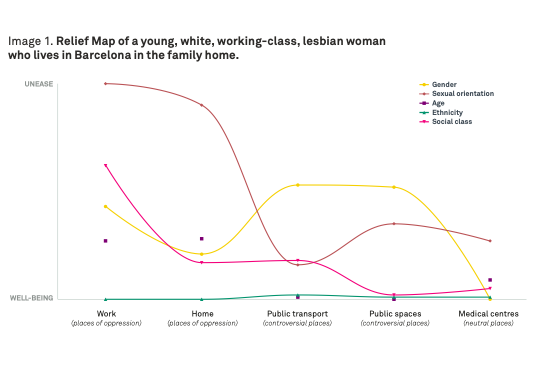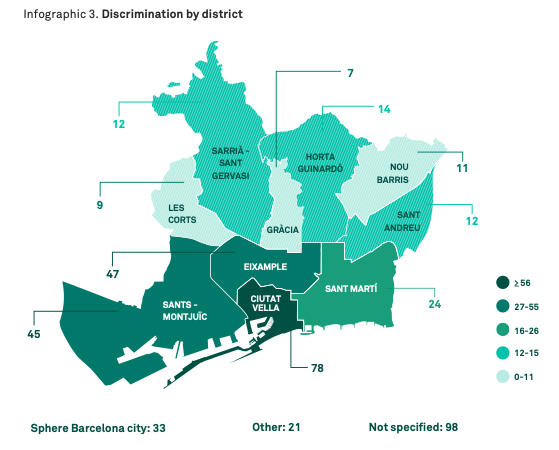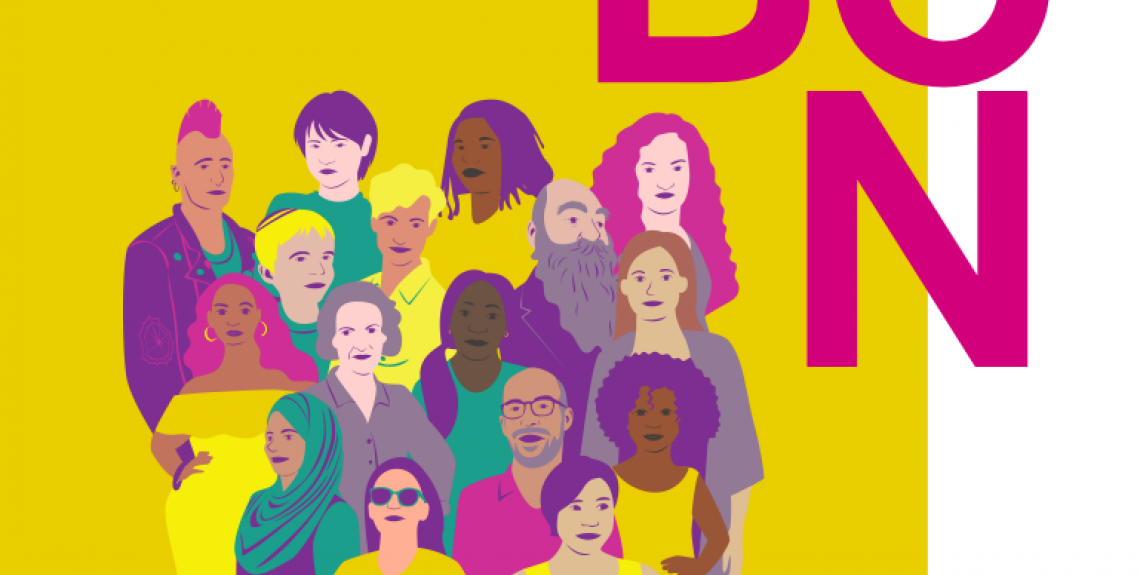Barcelona has recently published the annual report of its Observatory of Discrimination: A collective effort ldc by the city’s human rights department and a dozen local human rights organizations. The report analyzes the situation of human rights in the city on the basis of the monitoring of discrimination events ocurred over the last year. The report plays a key role in Barcelona’s human rights protection system, which, beyond counting with mechanisms for the local protection and promotion of human rights, also relies on the work of CSOs and human rights defenders.
A public initiative seeking to understand and monitor discrimination in the city
The report offers a valuable analysis of discrimination events occured throughout 2019. To do so, it pays special attention to several key aspects of this phenomenon, such as “who are the discriminated groups”; “which actors are responsible for discrimination events” (public administration, private actor ...) or “in which city locations these events actually happen more often”. Data analysis shows how 33.4% of reported cases were related to racism, followed by LGTBphobia (25.7%) and discrimination based on disability (11.3%).
The spatial component is an important feature of the report: Indeed, the document shows which sites in the city concentrate the highest number of cases. In public facilities, for example, most cases are concentrated in public transportation and hospitals. In private facilities, restaurants and leisure centers (such as nightclubs) are the most recurrent. In a 37.2% of cases, private individuals are responsible for discrimination events - a 35.6% for private entities, while public administration accounts for 16.2% of the cases.
It is also worth noting how the report incorporates innovations for the local analysis of discrimination, such as methodologies that allow to identify under-reporting or introduce an intersectional perspective. Innovative tools such as Relief Maps focus for instance on the vital context of each person and his/her perception of discomfort or well-being depending on the context (with their family, at home, in public space or in their employment). This allows to identify "places of oppression", "controversial places" and "neutral places" depending on the multiple factors that define discrimination as an experience, such as sexual orientation, ethnicity, gender or social class.
A consolidated cooperation scheme with local civil society and human rights defenders
The report is the result of a successful cooperation scheme between Barcelona’s human rights department and a dozen of local civil society organizations. Indeed, the city has been reinforcing its human rights monitoring and defense network for years. Regarding public policies, the city counts with an Office for Non-Discrimination which provides care services and legal and psychosocial support for victims. The same Office also promotes awareness-raising campaigns and human rights education initiatives every year. Regarding civil society, there’s an important network of care and support organizations for victims, which provide them also with a platform for grassroots organization and political participation. With a view to give greater coherence to the actions of both actors, Barcelona counts with a joint coordination mechanism (Taula d’entitats). This coordination mechanism is the one responsible for reports such as the Discrimination Observatory’s one.
« The report is the result of a successful cooperation scheme between Barcelona’s human rights department and a dozen of local civil society organizations. Indeed, the city has been reinforcing its human rights monitoring and defense network for years, reinforcing both policy-making and grassroots action »
The success in coordinating their initiatives has allowed to improve the city’s overall capacity to collect data and better analyze the reality. Finding opportunities to develop joint reflection efforts has also allowed to improve policy effectiveness and advance towards a comprehensive vision of a city free of discrimination. Coordination has indeed become a central feature of Barcelona’s human rights city model. Accordingly, the Observatory’s report offers key recommendations for both public administrations and local authorities.
Better understanding how did COVID-19 impact discrimination and human rights guarantee
The report’s public presentation event held on May 27 allowed those civil society organizations that played a role in the writing of the report to share their first diagnoses on how COVID-19 impacted discrimination and human rights guarantee in the city. Their representatives highlighted, for example, how ethnic profiling by police officers increased; how many migrants found it more difficult to access extraordinary social assistance; how women were more exposed to contagion given their role as carers; or how coexistence in the family nucleus caused greater psychosocial stress for young people with diverse sexual orientation or identity. They also stressed their important role in facilitating access to information, channeling residents demands and strengthening social dialogue.



Barcelona has published its 2019 Observatory of Discrimination in English, Catalan and Spanish. Its presentation event video is available here. Many other innovative initiatives have been presented to our network by Barcelona over the last years: this includes a methodological guide on human rights cities or its Office for Non-Discrimination. Barcelona’s human rights department can provide more information on both processes to interested partners: Contact our Secretariat for more information.


